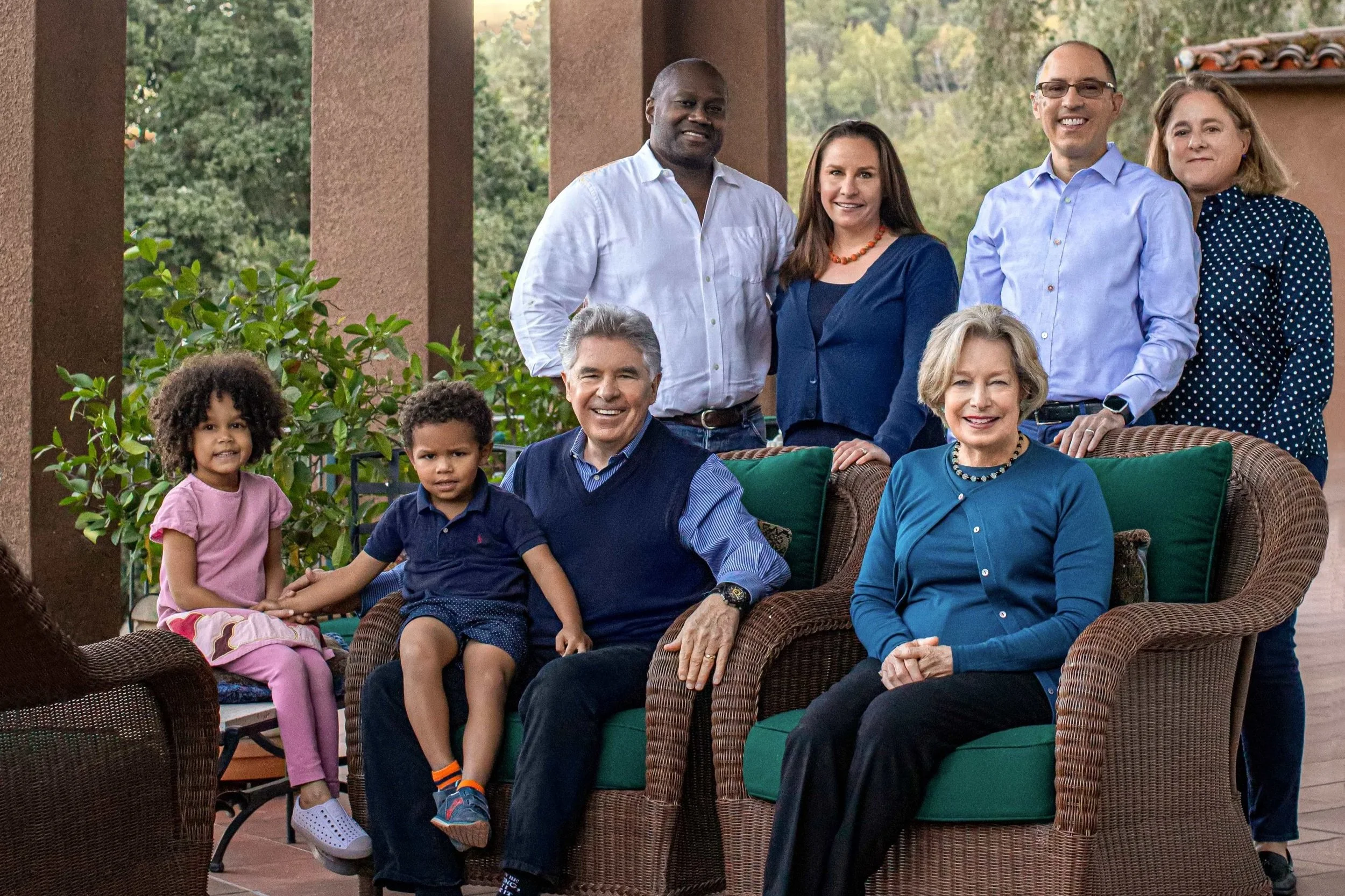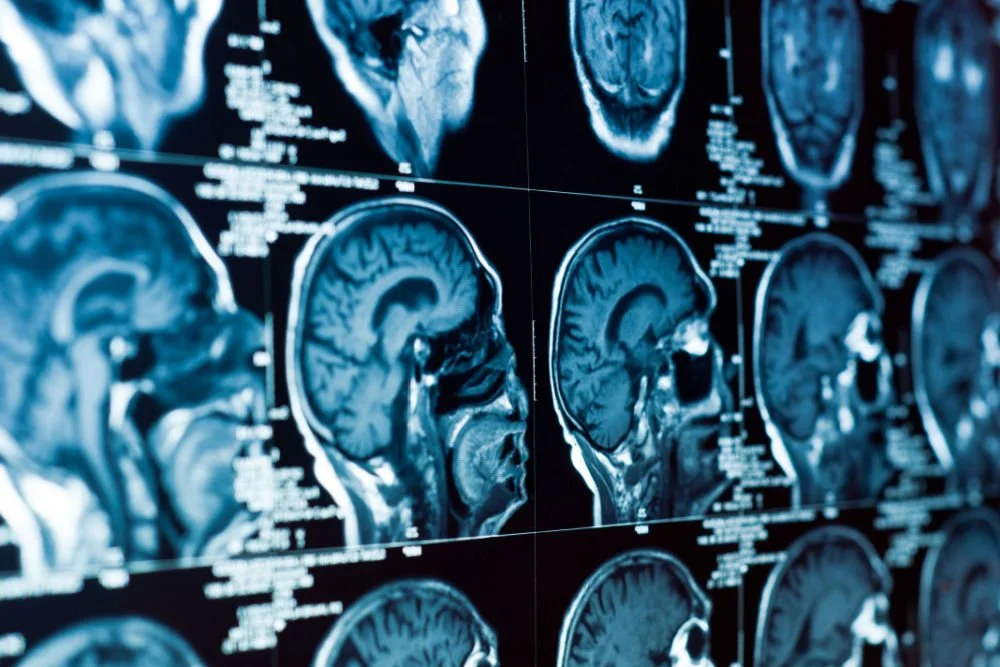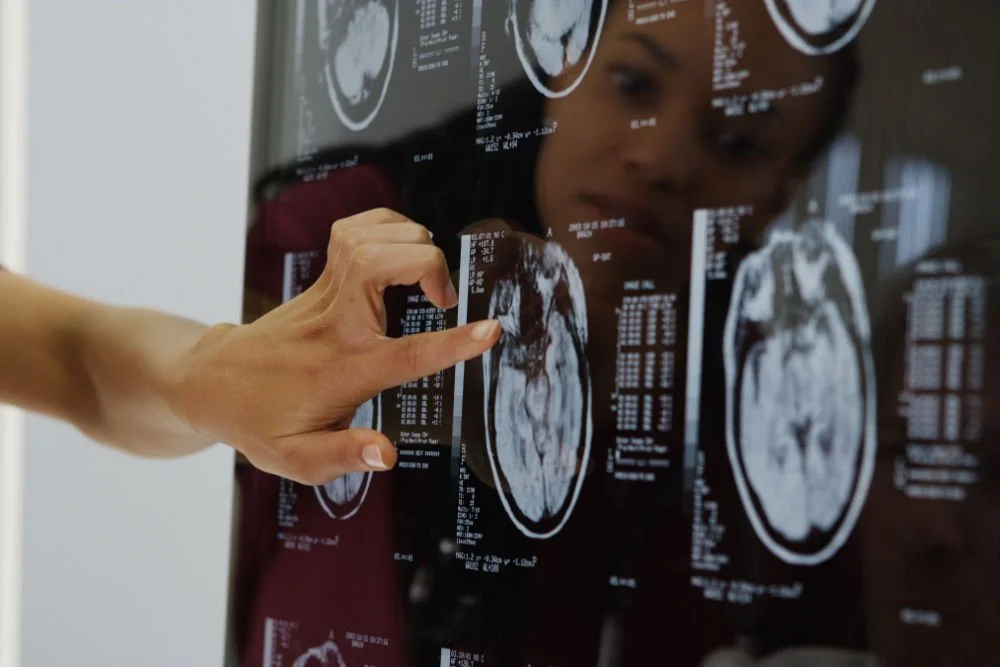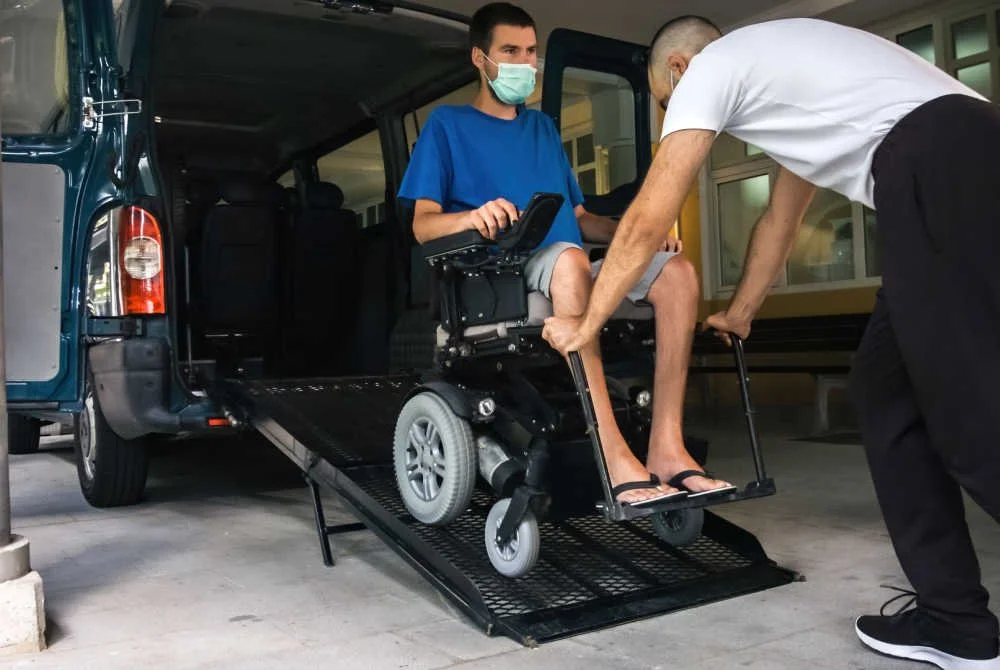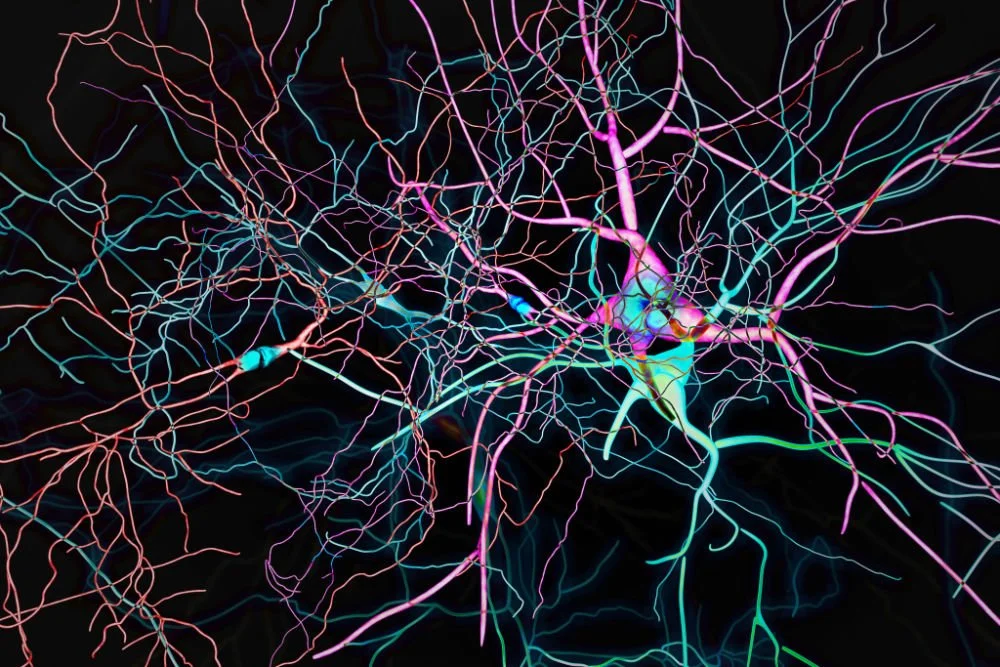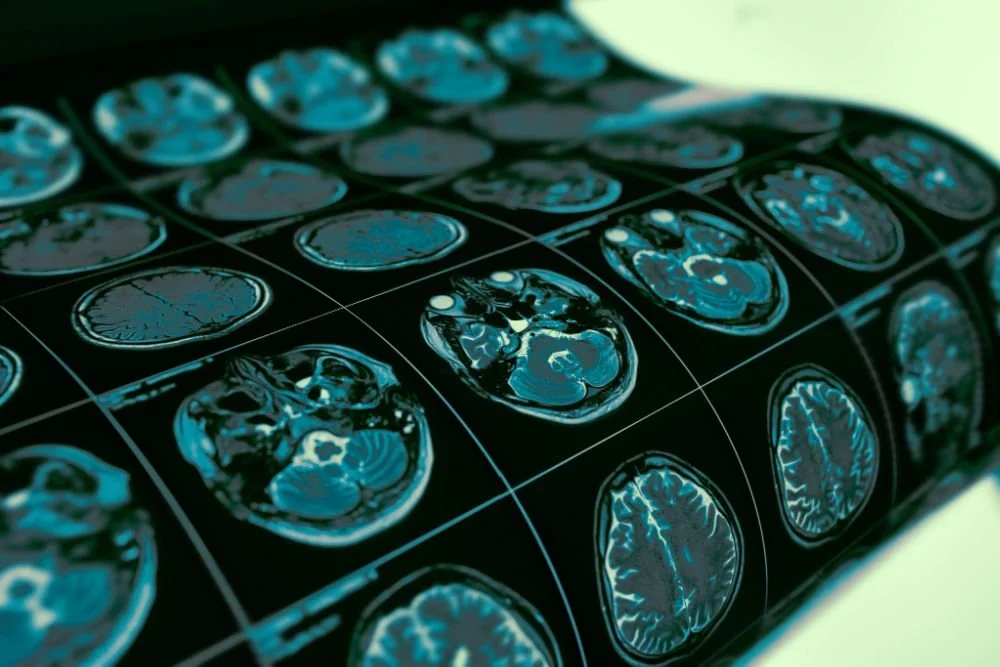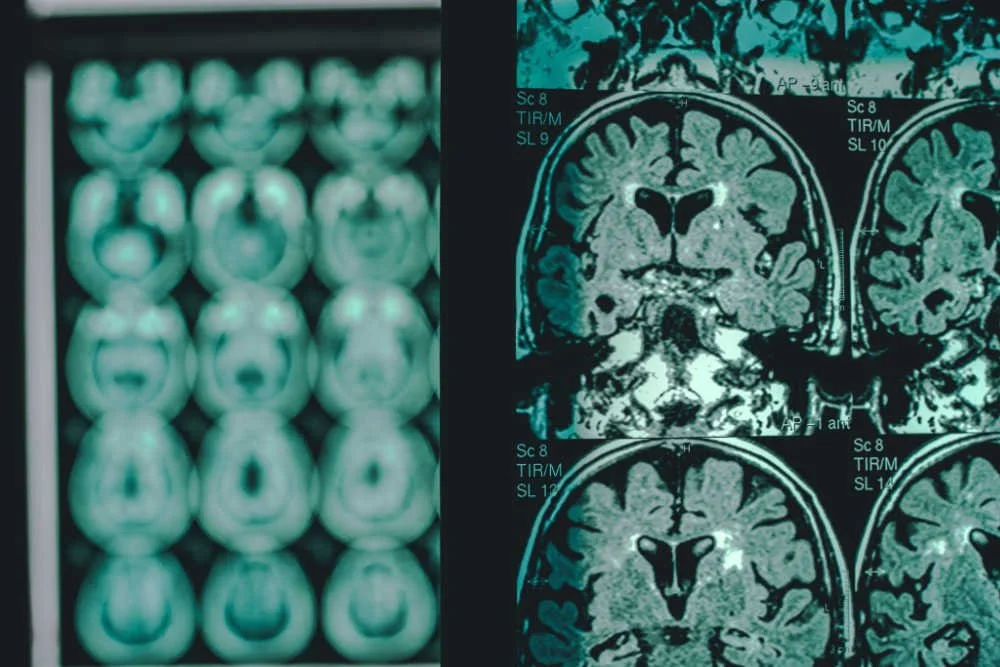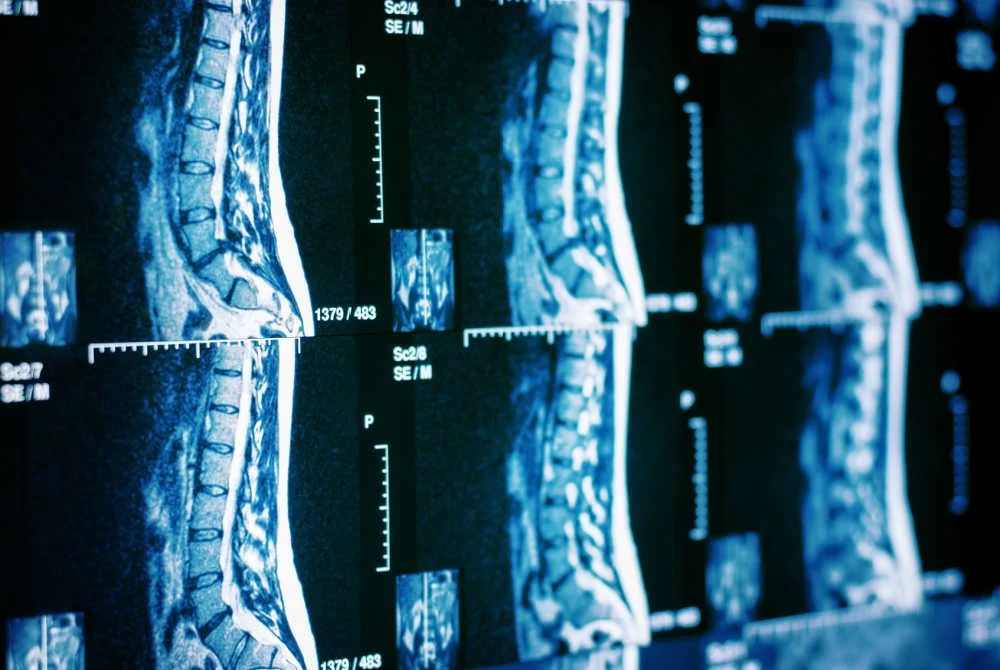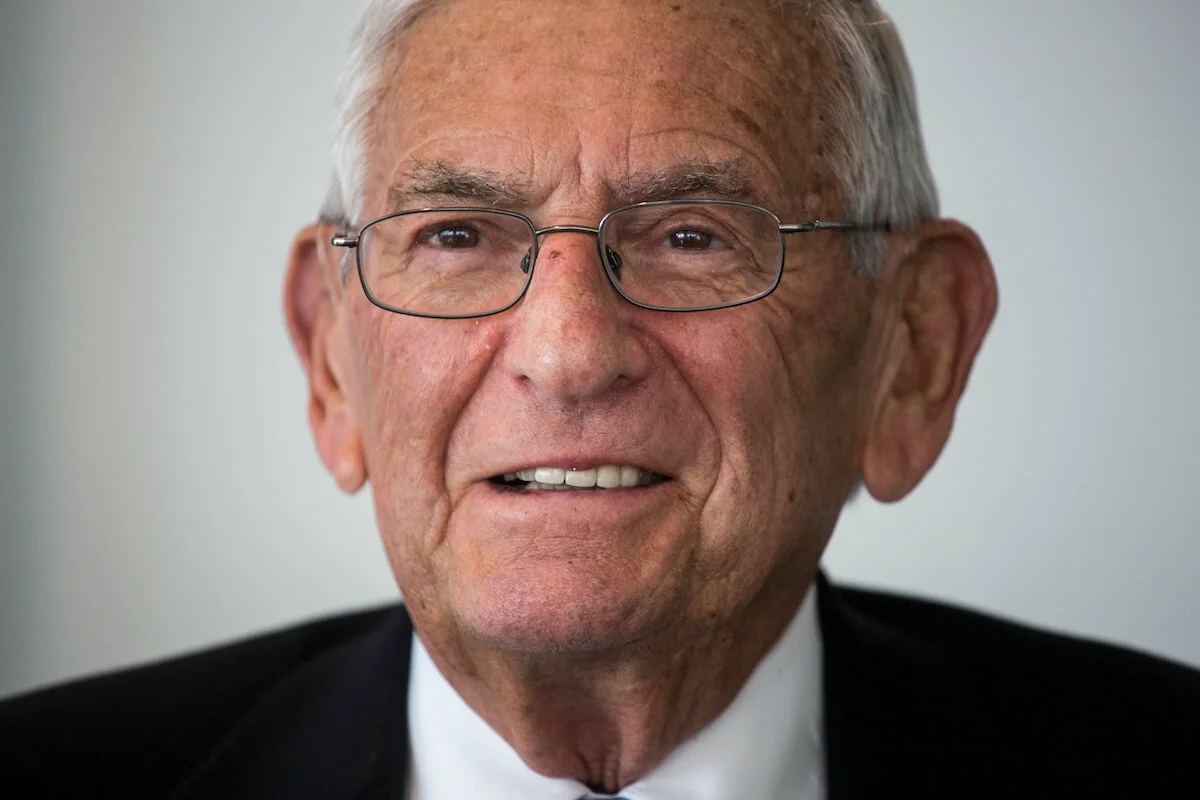Head and Heart: An Unusual Partnership to Break New Ground in Biomedical Research
/photo: Fabio Berti/shutterstock
People who forecast and fund health research are particularly worried about neurological diseases such as Alzheimer's and other causes of age-related cognitive impairment. That's partly because an ever-growing segment of the population is aging into these terrible and costly conditions, and partly because research has made so very little significant headway in the development of diagnostics and treatments, much less cures.
An estimated 48 million people worldwide have diseases of dementia such as Alzheimer's, and officials expect the total will more than triple by 2050 amid a graying of the world's population, especially in advanced countries. In the U.S. alone, the costs of caring for those afflicted could soar to $1 trillion a year by 2050, posing a serious financial threat to the country—to say nothing of the heartbreak and family hardship caused by neurodegenerative diseases.
This is why Paul Allen's commitments here are so important. As we've noted, Allen, the Microsoft co-founder and billionaire, is taking aim at brain disorders, and has already pumped more than half a billion dollars into his signature philanthropic initiative, the Allen Institute for Brain Science. The institute is working to map and advance basic understanding of the brain to enable research. Some Allen-supported research has specifically focused on Alzheimer's.
Allen and his team have also been widening the scope of their investments in biomedical research, as well as their approaches. Increasingly research leaders have recognized the need for cross-discipline science; Allen's organization is no exception. The Paul G. Allen Frontiers Group, launched in 2016, is all about connecting dots in ways and thinking outside the box to "foster a creative community that imagines and creates the future."
One way the Frontiers Group pursues this mission is by backing Allen Discovery Centers, which are teams of scientists working on specific challenges at major research organizations and universities. The goal here is to “fund research efforts helmed by visionary leaders and coherent teams, pioneering expeditions that will pursue new discoveries, principles and insights.” The Frontiers Group is also looking to create a rich network of associations between these centers with the hope of producing “unexpected and radically productive new insights and ideas.”
Related:
- Way Out on the Frontiers of Science: What is Paul Allen Up To?
- In Case You Missed It: This Top Billionaire Is Targeting Alzheimer's
Most recently, the Frontiers Group partnered with the American Heart Association to launch a $43 million program to accelerate research into cerebrovascular and neurodegenerative diseases. Other contributing partners include the Oskar Fischer Project.
Heart health, brain health, vascular health—the initiative seeks to explore and understand how these aspects of our biology are related by funding research aiming to find better ways to detect, treat, and hopefully prevent dementia-causing diseases of the aging brain. (They're calling for proposals now, which are due July 6, 2018.)
In particular, they're looking to fund collaborative efforts between teams of bioscience investigators, and between researchers and clinical physicians to develop meaningful advances faster than they've been coming. The pace of biomedical research tends to be slow, but research into the brain and its disorders have come especially grudgingly. The complexity of the systems involved in brain health require the kind of team science that that the initiative seeks to support.
"Bridging vascular and brain science through innovative research will help scientists shed new light on the causes or contributors to cognitive impairment and dementia," said Nancy Brown, CEO of the American Heart Association, in a press release announcing the effort. "The American Heart Association/Allen initiative in brain health and cognitive impairment represents a major step forward to better understand how our brains age and is part of the Association's ongoing commitment to understand how vascular health impacts brain health and overall well-being."
This is an unusual partnership, in how it crosses disciplinary divides, and it stands as a good example of how philanthropy can make connections that might not otherwise occur. While lots of biomedical funders are working to build such new bridges, the Allen Frontiers Group seems intent on taking this approach to a new level. The involvement here of a heavy-hitting legacy nonprofit like the American Heart Association is a good indication of the new wind that's blowing right now in health research.








